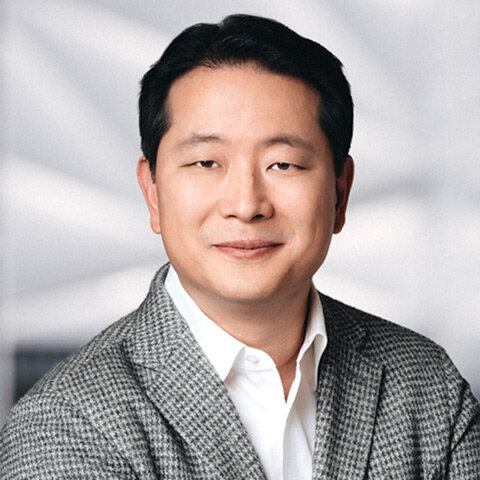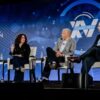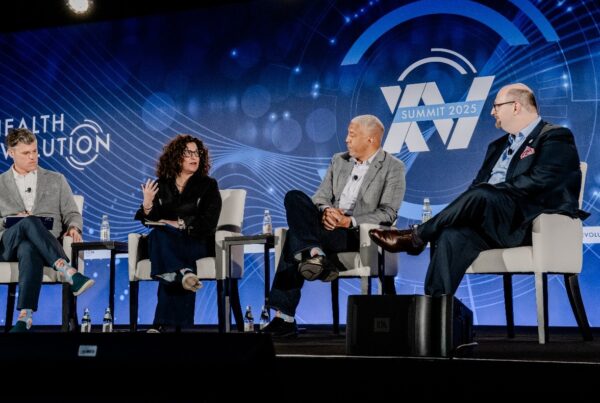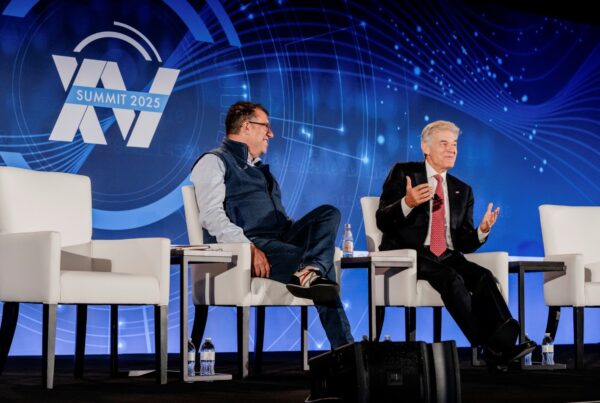Anyone who has spent any amount of time in the Big Apple knows that Park’s CityMD has become a massive success, growing to more than 100 locations across the metro area. In 2017, he sold the company for $600 million to a private equity firm, Warburg Pincus. Most recently, it was merged with another Warburg property, Summit Medical Group under the corporate title, Summit Health.
As for Park, he didn’t sit back and take a victory lap. In 2019, he started a private equity firm of his own, Ascend Partners. Through that company, he rolled out his latest venture, Rendr. The primary care group is an opportunity for the entrepreneur to give back to the Asian American communities within the city. The concept started when a group of Asian physicians in NYC wanted to start an independent physician association (IPA) and went to him for advice.
“I told them that IPAs were better than not having organization at all…but what would be better than an IPA is if they became a single practice. A single family. If these 80 providers across 18 separate providers could find it in themselves to submit to one other and become a single family that would allow for greater standardization and complete alignment. Alignment is really important,” Park said.
Two years later, Rendr is in 34 locations with 80 providers serving nearly 100,000 patients. Park recently spoke with Health Evolution about the challenges that Asian American patients and providers face, his goals for Rendr, how standardization and scalability can improve patient care, and more. Below are excerpts from this conversation.
What kind of challenges have you see in terms of health care for the Asian American population, in New York City and beyond?
When I was the CEO of CityMD, we had Asian and non-Asian interns. Often times, non-Asian interns would kind of just barge in my door and say, “Hey Rich.” They were very comfortable and very casual. I envied that. The Asian interns would never make eye contact, never came into my office and were too intimidated to even make conversation. I would ask the same Asian intern during a job interview, “What are your demands? What are your requirements?” They’d often say something to the effect of, “Whatever you want. What do you think?” Wrong answer. The non-Asian counterparts would ask for like $200,000 right out of college. They’d want a corner office.
I often tell that story to our providers and even some of our payers. You have this dedicated group of providers who have worked seven days per week for decades. They provide incredible access and care for their patients. They keep their medical loss ratio costs so low. And yet when they deal with payers, it’s the same mentality, “What do you think?” Self-advocacy is so important. One of the opportunities here is to get these providers to advocate for themselves. Not in an arrogant way, but so they have a rightful place at the table.
The other thing is that any provider, not just Asian providers but any provider, caring for Medicare/Medicaid patients tend to be underinvested, under-standardized and under-powered to take on the needs of government-powered coordinated care. People want to make things more complex. They want to add on AI, telemedicine, and all of this other stuff. The bigger challenge for many providers is to replace Windows 95 on their computers. They are supposed to have all this sophistication in managing government-payer patients, but the truth is a lot of them still have Windows 95 in their offices. We are not even on the right planet or even on the same universe. You have to strip down to the basic, fundamental, industrial operational needs before you can handle value-based care. Rendr is about self-advocacy and it’s about creating the fundamental business to grow in a value-based world. The payers need someone who can catch their fastball, especially in the Medicare and Medicaid world.
Interested in joining the Health Evolution community? Learn more.











